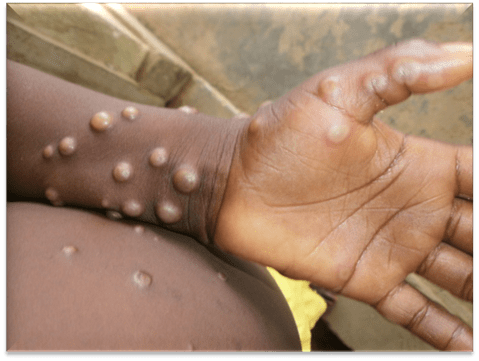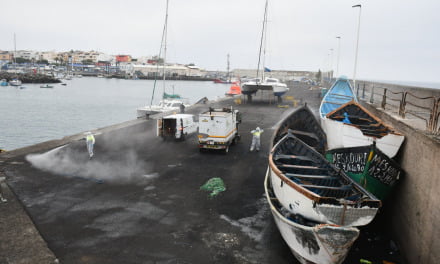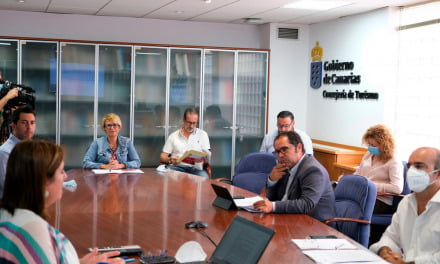The World Health Organisation today, in a statement, have said they and their partners are working to better understand the extent and cause of an outbreak of monkeypox.
While sexual interaction has been identified as a potential vector, special emphasis was given to the importance of not jumping to conclusions, highlighting the unusual multiple occurrences currently being reported across the world, still less than 100 confirmed cases, and the inherent differences between this and the recent, ongoing, Covid19 pandemic.
At least two suspected cases are under investigation on The Canary Islands, at least one on Gran Canaria, with particular caution being urged between consenting adults who attended recent freedom celebrations in Playa del Inglés, based on as of yet unsubstantiated claims around the potential for transmission between sexual partners, and those who come into close contact with bodily fluids of other active individuals. The key message here is caution, vigilance and safety at all times. Look after yourselves, and each other, while researchers look more closely at what is happening
The so-called monkeypox virus is endemic in some animal populations in a number of countries, leading to occasional outbreaks among local people and travelers. The most recent outbreaks reported across 11 countries so far are atypical, as they are occurring in non-endemic countries.
There are about 80 confirmed cases so far, and 50 pending investigations. More cases are likely to be reported as surveillance expands.
WHO is working with the affected countries and others to expand disease surveillance to find and support people who may be affected, and to provide guidance on how to manage the disease. The WHO continue to convene meetings of experts and technical advisory groups (such as the meeting today of the Strategic & Technical Advisory Group on Infectious Hazards with Pandemic and Epidemic Potential [STAG-IH]) to share information on the disease and response strategies.
WHO continues to receive updates on the status of ongoing outbreaks in endemic countries.
Monkeypox spreads differently from COVID-19. WHO encourages people to stay informed from reliable sources, such as national health authorities, on the extent of the outbreak in their community (if any), symptoms and prevention.
As monkeypox spreads through close contact, the response should focus on the people affected and their close contacts. People who closely interact with someone who is infectious are at greater risk for infection: this includes health workers, household members and sexual partners.
Stigmatising groups of people because of a disease is never acceptable. It can be a barrier to ending an outbreak as it may prevent people from seeking care, and lead to undetected spread.
As the situation is evolving, WHO will continue to provide updates as we learn more.
You’ll find further information on what is known about Monkeypox here













